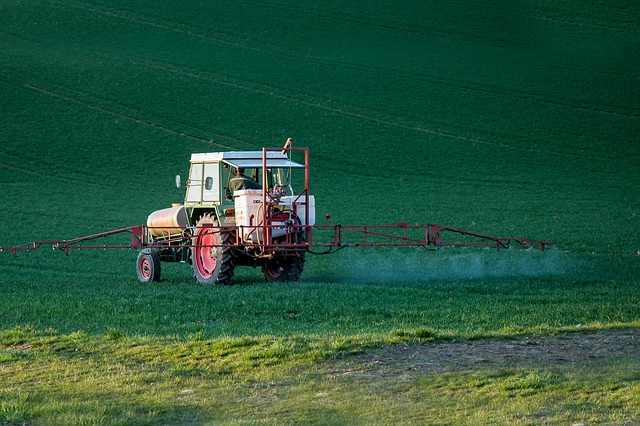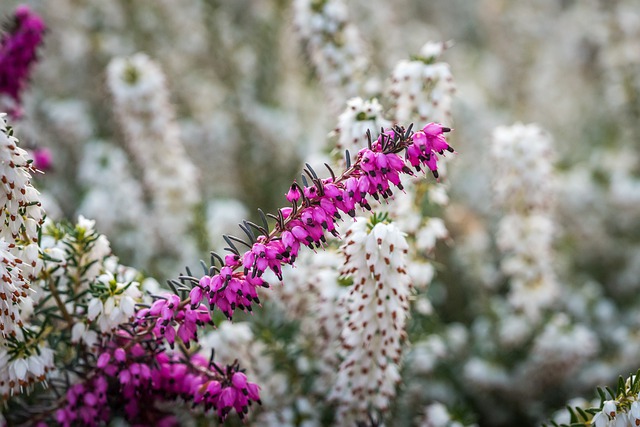This article has been taken from “Northern California Gardening” by “Katherine Grace Endicott”. Pesticides for Garden are intended to serve as plant protection products from weeds, fungi, or insects. “”Tree Trimming Oakland CA” educates you on the remedial measures on these pesticides.
The pesticides listed below are currently accepted for use on many types of organically grown produce in Northern California.

- Bacillus thuringiensis known as BT is a microbial control for many caterpillars. After eating treated plants, the caterpillars die within three days. BT can be used on all food crops up to harvest. It is sold under several trade names. Note: Be careful when using BT. Many gardeners will not use it because it kills the caterpillars that result in butterflies.
- Diatomaceous earth is an inorganic desiccant dust derived from the skeletons of microscopic marine organisms. It controls cockroaches and ants as well as some plant pests. Use carefully; some forms can be hazardous when breathed.
- Horticultural oils are highly refined oils used to control aphids, psylla, scale insects, mites, and mite eggs and to smother overwintering insects and their eggs.
- Lime sulfur, an inorganic control for mites and some plant- sucking insects, is commonly used on fruit trees.
- Neem oil is a derivative from the neem tree (Azadirirachta indica). It is considered to be only slightly toxic to mammals and does not persist in the environment. It is the pesticide I usually reach for on the few occasions that I use a pesticide. It is effective against many garden pests including aphids, caterpillars, mealybugs, thrips, and white flies and is also effective against diseases such as mildew and rust. Some gardeners use neem oil and insecticidal soaps alternately to kill insects over a broad range of stages. Neem oil was only recently approved for use in California so you may not find it listed in older gardening books. A popular brand of neem oil is Safer Bio Neem.
- Nicotine sulfate is a plant derivative that controls aphids, thrips, leaf hoppers, and other sucking insects. Be careful; it is toxic to mammals, including household pets.
- Pheromones are attractants applied in lures to monitor the presence of insects so that other controls can be applied. In small areas they are used to disrupt insect mating and reduce future generations.
- Pyrethrum is a derivative from pyrethrum daisies. It kills many insects including aphids, beetles, flies, mealybugs, moth larvae, mosquitoes, and thrips. It loses its effectiveness within a few hours of exposure to sunlight.
- Rotenone, another plant derivative, is usually used as a dust to kill chewing insects such as beetles, slugs, loopers , mosquitoes, thrips, and flies.
- Sabadilla is a plant derivative that kills leaf hoppers, caterpillars, and citrus thrips. Unfortunately it also kills honey bees.
- Soap (particularly insecticidal soap) is used to control aphids, mites, and other plant- sucking insects. It is best to test soap on part of the plant before spraying the entire plant because it is phyto-toxic to a few plants under certain conditions. Several insecticidal soaps are mixtures of special fatty acids that are not toxic to most beneficial organisms but are toxic to most small insects.

Continue reading on Bonsai Pest problems

